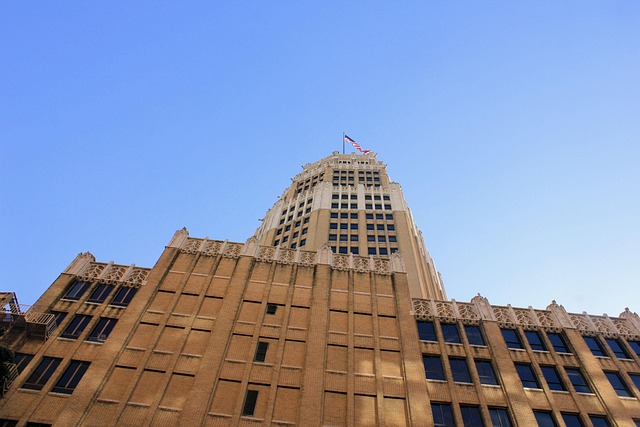San Antonio residents are plagued by a surge of unwanted robocalls, leading to privacy fears and a demand for action. With political messages, sales pitches, and disregard for "Do Not Call" registrations, automated calls are overwhelming locals daily. The growing issue prompts the need for stricter regulations and reliable legal support from Do Not Call law firms in San Antonio to protect citizens' peace of mind and data security.
“In the digital age, Robocalls have become a pervasive nuisance in San Antonio, with millions of residents receiving automated phone calls daily. This article delves into the rising concern of robocalls, exploring their definition, types, and significant impact on local communities. We navigate the complex legal landscape surrounding these calls, highlighting federal and state regulations, including the Do Not Call Registry. Furthermore, we empower San Antonio residents with knowledge about their rights, reporting mechanisms, and available resources to combat this growing issue, all while offering guidance for businesses aiming to adhere to the city’s do not call law firm San Antonio guidelines.”
The Rise of Robocalls in San Antonio: A Growing Concern

In recent years, San Antonio has witnessed a surge in robocalls, posing a growing concern for residents and businesses alike. These automated phone calls, often promoting various services or products, have become increasingly prevalent, leading many to seek relief from this relentless nuisance. The volume and frequency of robocalls have prompted citizens to take action, especially since many of these calls are unwanted and can be intrusive.
The proliferation of robocalls has led to increased awareness about privacy rights and consumer protection. With the ease of automated dialing systems, scammers and telemarketers can target vast numbers of people simultaneously, making it more challenging for individuals to opt out or avoid such calls. As a result, there is a growing demand for effective solutions to combat this issue, including stronger regulations and the enforcement of “Do Not Call” laws in San Antonio, ensuring residents’ peace of mind and protecting them from unwanted and potentially fraudulent robocalls.
– Definition and types of robocalls

Robocalls, short for robotic calls, are a common nuisance in today’s digital era. These automated phone calls, often using recorded messages, are designed to reach a large number of recipients simultaneously. In San Antonio, as across the nation, robocalls come in various types, each with its own legal implications. One common type is the political or informational robocall, which may offer details about candidates or important community events. Another is the sales-related call, where companies use automated systems to pitch products or services en masse, often ignoring Do Not Call registry registrations.
The legality of these calls is governed by strict regulations, such as the Telephone Consumer Protection Act (TCPA). In San Antonio, residents have the right to opt out of receiving certain types of robocalls. The TCPA prohibits automated dialers from calling phone numbers listed on the National Do Not Call Registry. Moreover, businesses must obtain explicit consent before making sales or marketing calls, ensuring that recipients are aware and agree to receive such calls.
– Prevalence and impact on San Antonio residents

Robocalls have become an increasingly common nuisance for San Antonio residents, with many receiving unwanted automated phone calls daily. These automated messages, often promoting various services or products, can be intrusive and disruptive to everyday life. The volume of robocalls in Texas’ second-largest city has led to widespread frustration among locals, who find themselves on the receiving end of incessant marketing efforts.
The impact extends beyond mere annoyance; many San Antonio residents feel their privacy is invaded, leading to concerns about data security and the potential misuse of personal information. With a growing awareness of online scams and fraud, the rise in robocalls adds another layer of worry for citizens who want to protect themselves from legal implications. As a result, there’s a growing demand for effective solutions and increased regulation to combat this modern-day communication nuisance.






